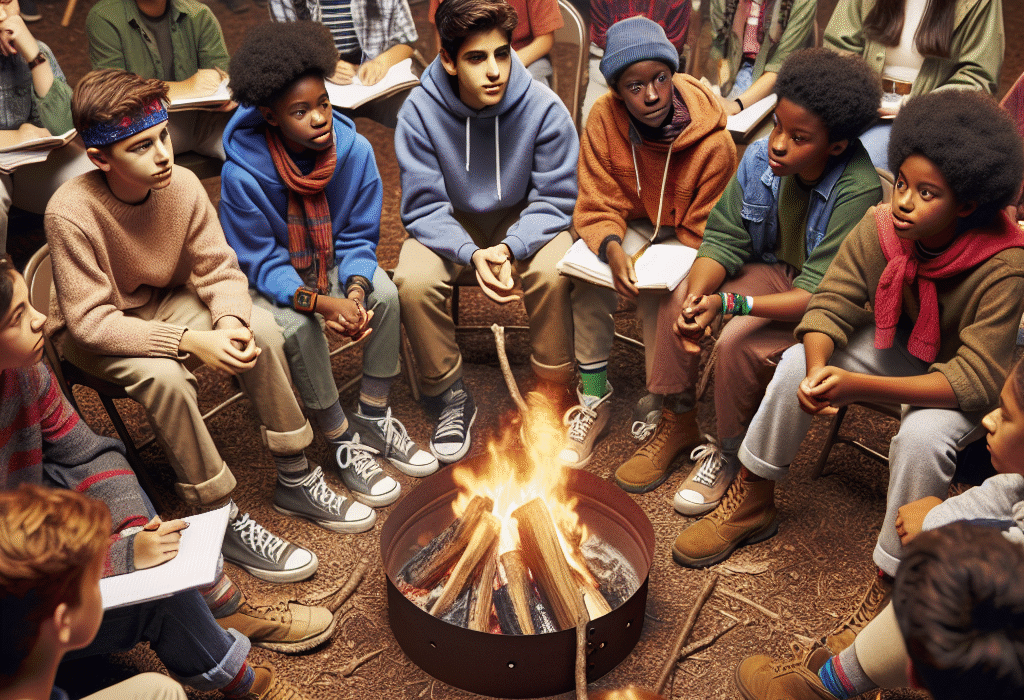Are you ready to dive into a topic that has caused quite a stir recently? Boy Scouts and girls—seems like an unlikely pairing, right? Well, Mark Hancock certainly thinks so. In a recent statement, he declared, “Girls Don’t Belong In The Boy Scouts.” Let’s unpack this controversial statement and see what it means for you.
The Legacy Of The Boy Scouts
For over a hundred years, the Boy Scouts of America have been synonymous with values like leadership, responsibility, and moral integrity. Generations of young boys have benefited from the organization’s programs, learning valuable skills, and forming lifelong friendships. The Boy Scouts have long been considered a cornerstone of youth development in the United States.
The Inclusion Of Girls
Now, imagine the shock when the decision was made to allow girls to join the Boy Scouts. For some, this move represented progress and inclusivity—a step towards breaking down gender barriers. But for others, like Mark Hancock, it was seen as a betrayal of tradition and values.
So, why the change? Proponents argue that allowing girls to participate in scouting activities promotes gender equality and provides girls with access to the same opportunities for growth and development as boys. Critics, on the other hand, worry that mixing boys and girls in scouting settings could lead to distractions, complications, and a loss of the unique experiences that each gender-specific organization offers.
The Controversy
Mark Hancock’s statement, “Girls Don’t Belong In The Boy Scouts,” encapsulates the heart of the controversy surrounding this issue. Some believe that the long-standing traditions and values of the Boy Scouts are at risk of being diluted or lost with the inclusion of girls. Others argue that diversity and an openness to change are essential for the survival and relevance of organizations like the Boy Scouts.
In a world where gender norms and roles are constantly evolving, the debate over whether girls should be allowed in the Boy Scouts reflects larger societal questions about identity, equality, and tradition. It’s a complex issue with passionate voices on both sides.
What This Means For You
So, what does all this mean for you, the average person trying to make sense of it all? Here are a few key takeaways to consider:
-
The world is changing, and organizations like the Boy Scouts are evolving to keep up with the times.
-
Traditional values and beliefs can clash with modern ideas of diversity and inclusion.
-
It’s essential to listen to different perspectives and engage in thoughtful conversations about complex issues.
At the end of the day, whether you believe that girls belong in the Boy Scouts or not, it’s crucial to approach these discussions with an open mind and a willingness to learn from others’ viewpoints.
The Takeaway
As we navigate the shifting landscape of gender roles and inclusivity in organizations like the Boy Scouts, one thing is clear: change is inevitable. Whether you agree with the decision to allow girls into the Boy Scouts or not, it’s essential to recognize that the world is constantly evolving, and our attitudes and beliefs must evolve alongside it.
So, what are your thoughts on this trend? Do you believe that girls belong in the Boy Scouts, or do you agree with Mark Hancock’s stance? Let me know what you’d choose.






